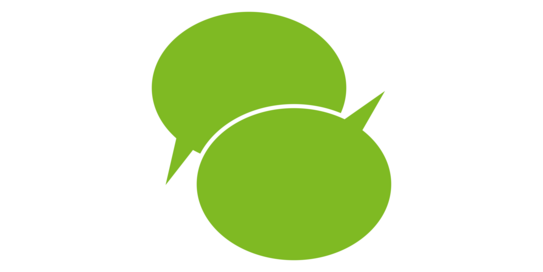Self-learning tools
On this page, we have compiled a range of self-learning tools and digital learning materials on the topics of gender equality and diversity in university. The tools deal with topics such as gender, diversity and unconscious bias in the university context.
Please note: With the exception of one tool, all tools are in german language.
The digital learning materials are tools that support you in recognizing your own unconscious bias, strengthening your gender and diversity skills and acting more consciously, gender-equitable and non-discriminatory in your environment and in everyday university life.
Employees of TU Dortmund University who would like to learn more about specific gender or diversity topics can take advantage of the inhouse training programmes offered by TU Dortmund University. DoBuS also offers further education programmes on the topic of disability and studying every semester.
Unconscious bias and gender-sensitive appointment procedures and personnel decisions
Unconscious bias, i.e. (unconscious) assumptions, prejudices and stereotypical ideas, especially in relation to gender (gender bias), can lead to unequal treatment of both women and men. These tools help you to recognize your own distortions of perception and to reflect on assumptions about traditional gender roles.
Gender bias leads to discrimination against (female) candidates, particularly in personnel decisions and appointment procedures. The tools are intended to raise awareness of the influence of gender bias on performance assessments and personnel decisions. Recommendations for action for gender-equitable appointment procedures are also provided.

Self-learning tool: Unconscious Bias
In this tool from the University of Konstanz, you will not only learn what unconscious biases are and what role they play in the context of university, but also how they can be avoided.
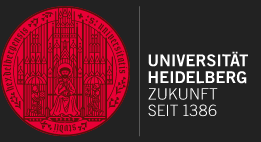
Online tutorial: Gender bias in the appointment process
This online tutorial, developed by UNIFY, shows the role of gender bias in the three subject areas "Individual career paths", "Performance evaluation in science" and "Scientific and interdisciplinary competencies" and provides you with recommendations.

Avoiding bias in scientific
judgment-forming processes
The website of the German Research Foundation provides information on the topic of "Bias in scientific evaluation processes" and how a "bias-free review" can be achieved by means of a short film, various recommendations for action and further background material.

Online tutorial: Gender-sensitive appointment procedures and personnel selection
The online course of the Friedrich-Alexander-University raises awareness for (unconscious) gender biases and their influence on personnel decisions. Various aspects of gender-sensitive appointment procedures are presented and a basis for dealing with the topic of "gender-sensitive appointment procedures and personnel selection" is created.

Film: "Professional selection of persons in appointment committees"
The film introduces the topic of "unconscious bias" and aims to raise awareness of unconscious prejudices in appointment committees and selection procedures. The film was produced on behalf of the State Conference of Equal Opportunities Officers at Universities by the University Office for Diversity of Opportunity at Leibniz Universität Hannover.
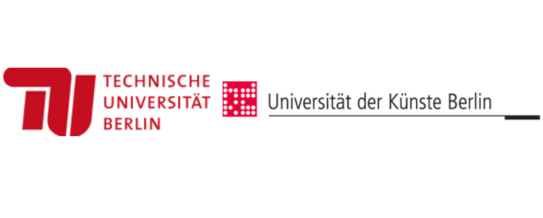
Equal opportunities in appointment procedures - an unconscious bias training course
In the TU Berlin and UdK Berlin training course, you will become a participant in a virtual appointment committee in which you will go through various steps and make decisions. These decisions are then evaluated and reflected upon. The aim is to make bias effects visible. The training is available in english.
Gender and diversity
Understanding and including
Have you not yet fully understood what is actually meant by "gender", how you can use gender-equitable and discrimination-sensitive language or do you want to learn how to address people from discriminated groups according to their self-identification?
These self-learning tools will help you to better understand sexual and gender diversity and strengthen your gender and diversity skills in general.

Open learning resource: What is gender?
In this open learning resource, the question "What is gender?" is answered from the perspective of gender studies. In addition to the scientific concepts surrounding the term gender, you will also learn about the significance of gender in our society.

"Genderleicht & Bildermächtig"
The Journalistinnenbund e.V. project shows you how fair and non-discriminatory media work (in words and images) can work.
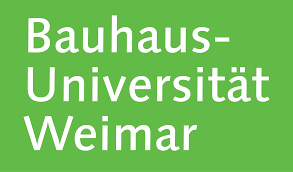
In a refreshing way, the Bauhaus-Universität Weimar's online tool explores the "how" of gender-sensitive language use and offers an approach to gender-sensitive formulation using concrete examples.
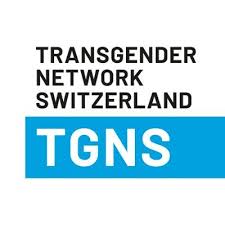
The Transgender Network Switzerland uses examples of wording to show how the question of gender can be asked so that non-binary people, trans* people and all people without a suitable official gender entry are also taken into account.
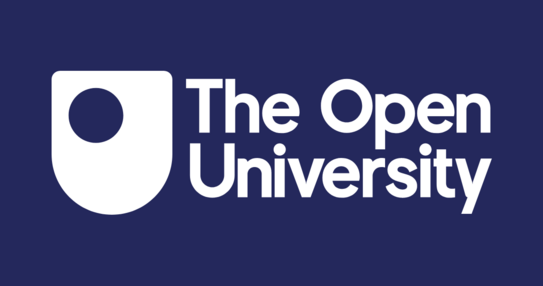
How to be a better LGBTQI+ ally (in English)
In this Open Learn University tool, you can interactively follow a day in the life of Naomi and learn how to be an LGBTQIA+ ally.
In university teaching
These self-learning tools and checklists are explicitly aimed at university lecturers.
The tools offer you the opportunity to evaluate your own teaching and provide support in planning and organizing courses in a way that is critical of discrimination and appropriate to diversity.
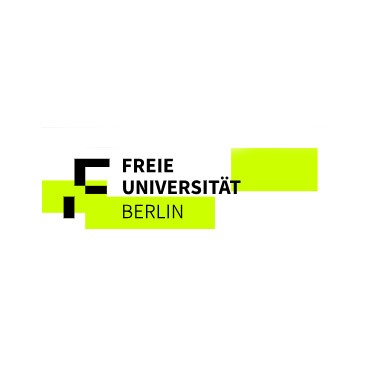
Toolbox Gender and Diversity in Teaching
In the toolbox of FU Universität Berlin you will find introductory information, practical tips and inspiration to help you plan and design your university teaching in a discrimination-critical way.
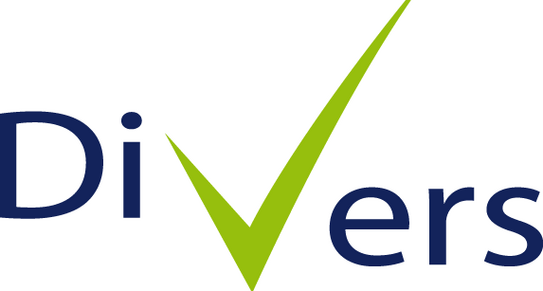
DiVers - Didactics and diversity in university teaching
In the self-learning tool of the "Divers" project, you can reflect on and further develop your diversity skills and gain practical tips for university didactics. Self-assessment questions, learning modules and a glossary will stimulate your self-reflection and promote your specialist knowledge and professionalism.

Checklists and tips: Teaching gender and diversity consciously
HAW Hamburg invites you to use the checklists to reflect on your courses in a diversity-conscious way and presents a collection of good practice examples.
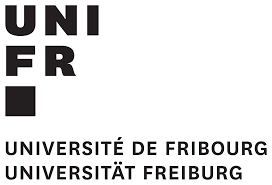
Gender-equitable university teaching: online tool for self-evaluation and further training
With the online tool of the University of Freiburg (CHE), you can carry out a self-evaluation of your teaching with regard to gender aspects, work on your gender competence and receive support in dealing with a heterogeneous student body.

This MOOC at the University of Graz is about power relations in everyday university life. You will be invited to deal with power relations and forms of discrimination on a personal and academic level and to reflect on your own position within these power structures.
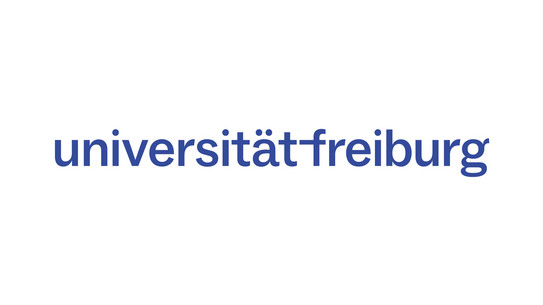
Checklists for diversity-sensitive teaching
The University of Freiburg provides checklists that can support you in designing diversity-sensitive teaching and courses.
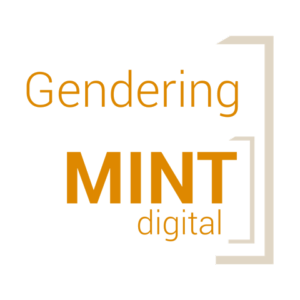
The Open Educational Resources (OER) of the HU Berlin link the topics "Gender" and "STEM" in the areas of research and teaching and are intended to stimulate reflection on gender issues in the natural and technical sciences. The OER are suitable for students and teachers from the STEM sciences as well as from the social and cultural sciences.
Do you have any questions or suggestions? We look forward to your feedback. Please feel free to send us an e-mail.






